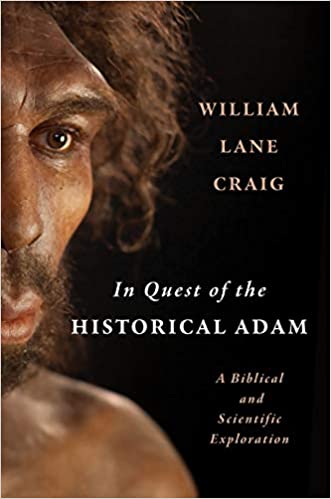Q. I think you are right to question the notion of the imputation of original sin to the rest of humanity after Adam, and the notion of an inherited corrupt nature doesn’t really require this connection with Adam either. If in fact all have sinned, then all have been part of the corruption of humanity, which would account for the Psalmist lament that he was conceived and bore the taint of sin from the beginning. And yes, you are also right, that the necessity of the atonement is because all have sinned. It doesn’t have to presuppose the original sin as a necessary cause. On p. 6 you remark “the attempt to explain the universality of human sin by postulating a corruption or wounding of human nature inherited from Adam is a theological add on to which the Christian theologian need not be committed.” Explain why not. One thing that I would also like you to comment on is ‘the original curses’ of labor pains for both Adam and Eve. Now it seems to me that these decrees or curses from God indicate that both humans and creation have been subjected by God to futility (as Paul says in Rom. 8). This, it seems to me speaks to original judgment if I can put it that way, and it doesn’t just affect the original couple, it also affects the creation itself. We are all groaning longing for liberation. Comments?
A. Yes, no doubt the effects of Adam’s sin reverberate throughout the history of mankind. But neither Gen 3 nor Rom 5 seems to teach either that we are morally culpable for Adam’s sin or that Adam’s sin resulted in a heritable corrupted nature. That’s just not in the text. Rather the effects of Adam’s sin can be seen as a sort of moral contagion or disease that spreads throughout humanity with each subsequent generation.













